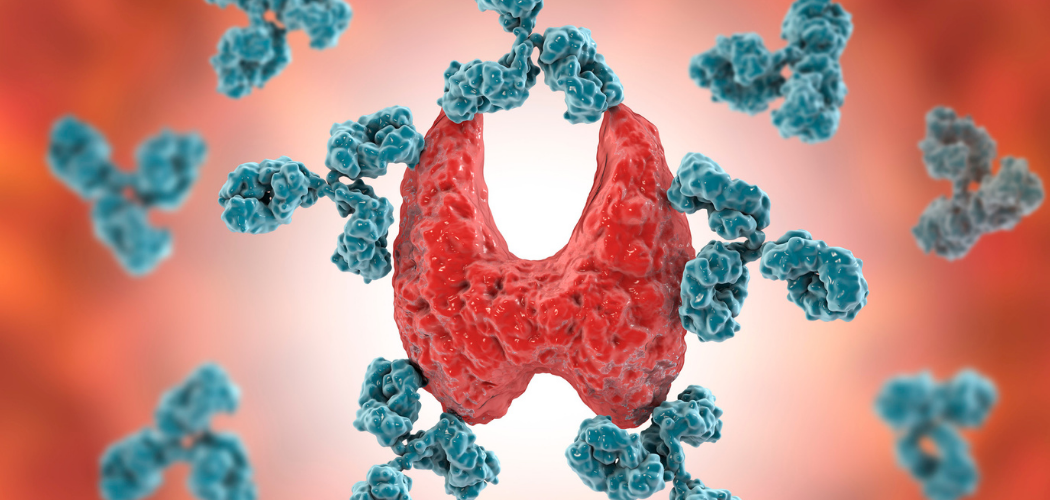The thyroid gland is a tiny gland near the front of your neck. It aids in the regulation of several body functions, including metabolism, energy production, and mood.
T3 and T4 are the two main hormones produced by the thyroid. You may experience symptoms such as weight gain, fatigue, and depression if your thyroid gland does not generate enough of these hormones. Hyperthyroidism is the medical term for this condition.
Weight loss, high levels of anxiety, tremors, and a feeling of being on a “high” are all symptoms of the thyroid gland that generates too many hormones. Hyperthyroidism is the term for this condition. Blood tests to assess thyroid function and measure these hormones are widely accessible.
Thyroxine is usually known as T4 because it contains four iodine atoms, is the most important thyroid hormone secreted by the thyroxine gland.
T4 is changed into triiodothyronine(T3) by removing an iodine atom in order to execute its effects.
The liver and specific tissues where T3 functions such as the brain, are where T4 is converted into T3. Thyroid-stimulating hormone, generated by the pituitary gland at the base of the brain, regulates the quantity of T4 produced by the thyroid gland(TSH).?
Thyroid function tests are a set of blood tests that assess how well your thyroid gland is functioning. T3, T3RU, T4, and TSH are the tests that are readily available. A blood draw, also known as venipuncture, is a common and relatively painless operation with few side effects.
SIDE EFFECTS AND AFTERCARE:
You may experience mild bruising or pain at the site where the needle was inserted, in the days after the blood draw. You can lessen your pain by applying an ice pack to the affected area or taking over-the-counter pain medicine.
If you have a lot of discomforts, or if the area around the puncture gets red or swollen, see your doctor right away because these are indicators of infection. It can also cause soreness in that area or skin irritation from tape or adhesive from an applied bandage.
TSH TESTS:
The most appropriate way to examine thyroid function for the first time is to measure TSH levels in the blood samples. TSH fluctuation can function as an “early warning system”, happening before the body’s actual thyroid hormone levels become too high or too low. TSH readings that are too high suggest that the thyroid gland is not producing enough thyroid hormone and if your TSH level is low, it means your thyroid is overproducing thyroid hormones (hyperthyroidism). A normal TSH reading indicates that the thyroid is functioning normally in most healthy people.
T4 TESTS:
T4 is the most common type of thyroid hormone in circulation. Total T4 is a test that determines how much hormone is bound and how much is free, and it can alter when binding proteins differ.
There are two types of T4 hormone-
1. Free T4, enters the body tissues where it is needed.
2. Bound T4, where it is attached to proteins unable to penetrate bodily tissues. A total T4 test is the one that assesses both free and bound T4.
A T4 test determines how well your thyroid is regulating your body’s growth and energy levels. A free T4 level indicates what isn't bound and can enter and alter human tissues.
T3 TESTS:
T3 tests are often used to diagnose hyperthyroidism or to figure out how severe your hyperthyroidism is.
Patients with hyperthyroidism will possess raised T3 levels. Only the T3 is raised in some people with a low TSH, whereas the FT4 and FT1 are normal. T3 testing can be used to diagnose pituitary gland issues and track the progress of thyroid medication.
At Diagnear, The comprehensive thyroid function test is performed with utmost hygiene & accuracy with the most up-to-date technologies and equipment.



 Login/Sign Up
Login/Sign Up





